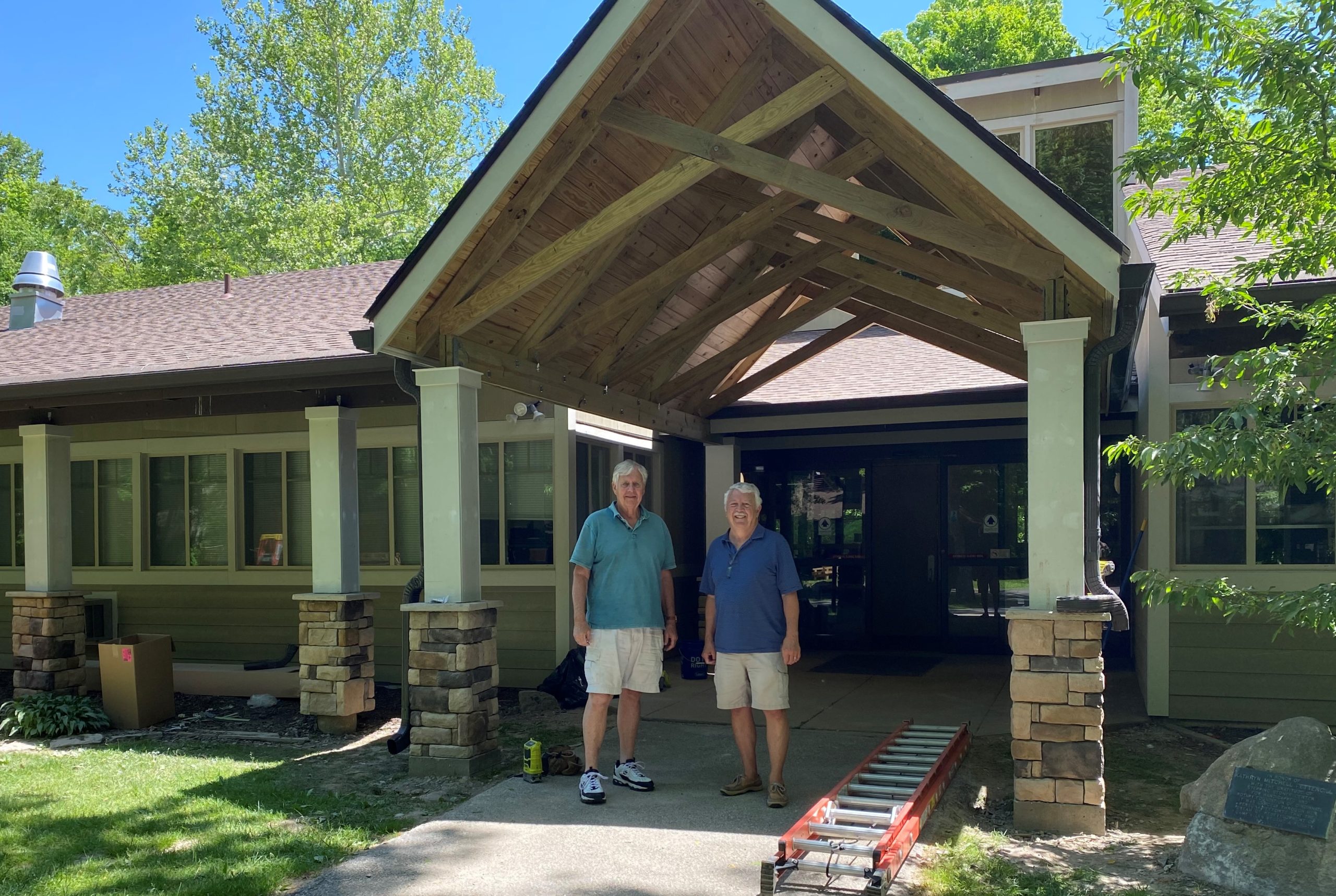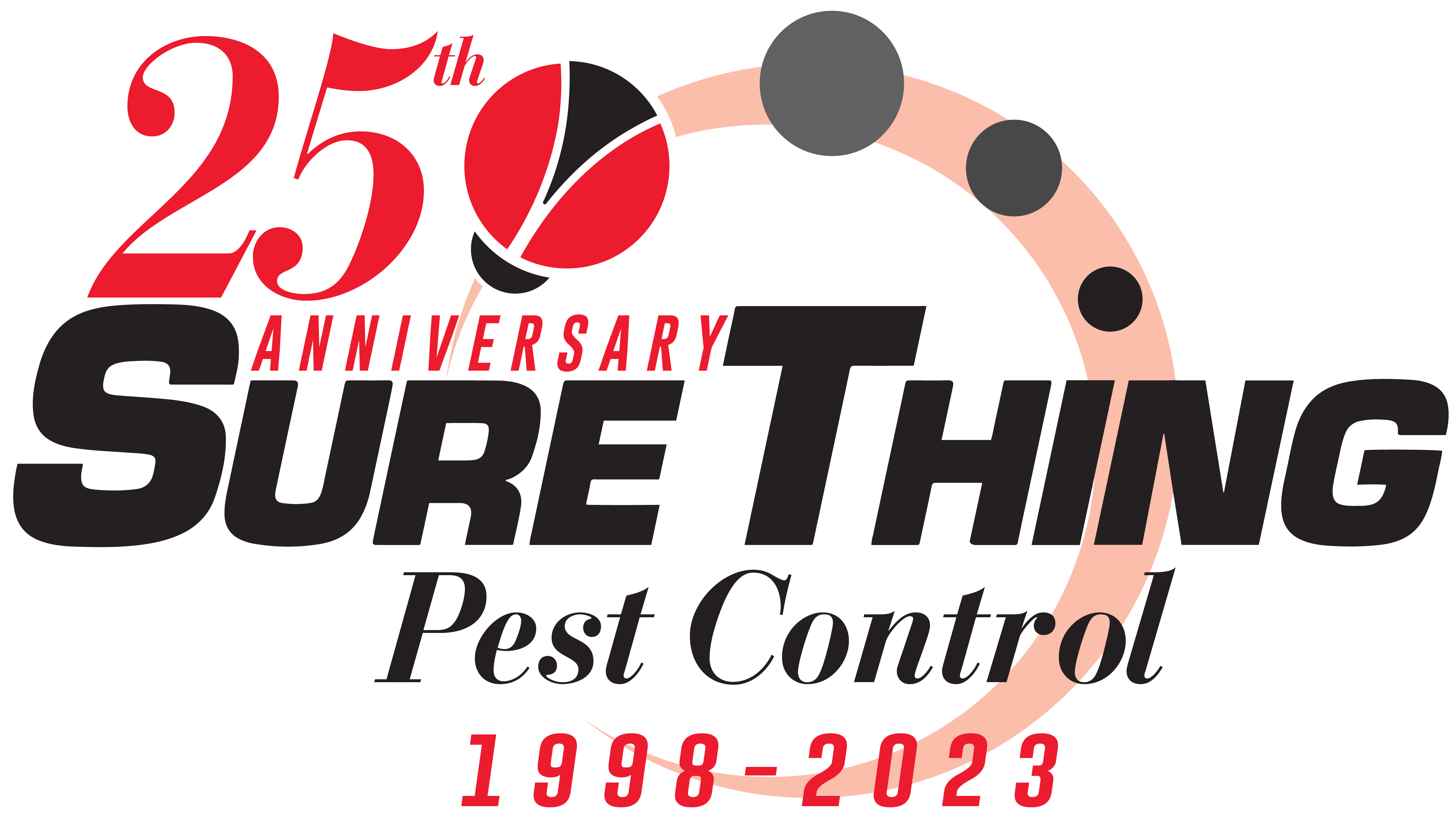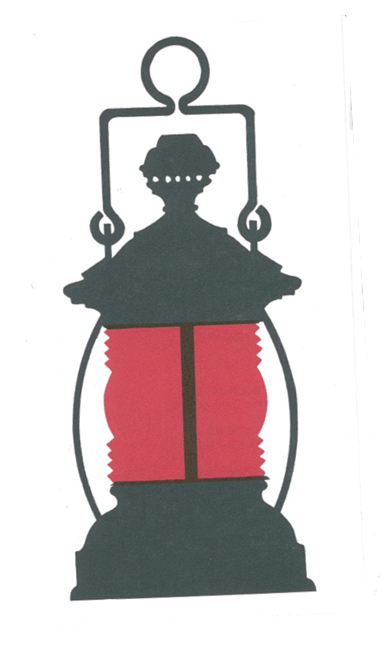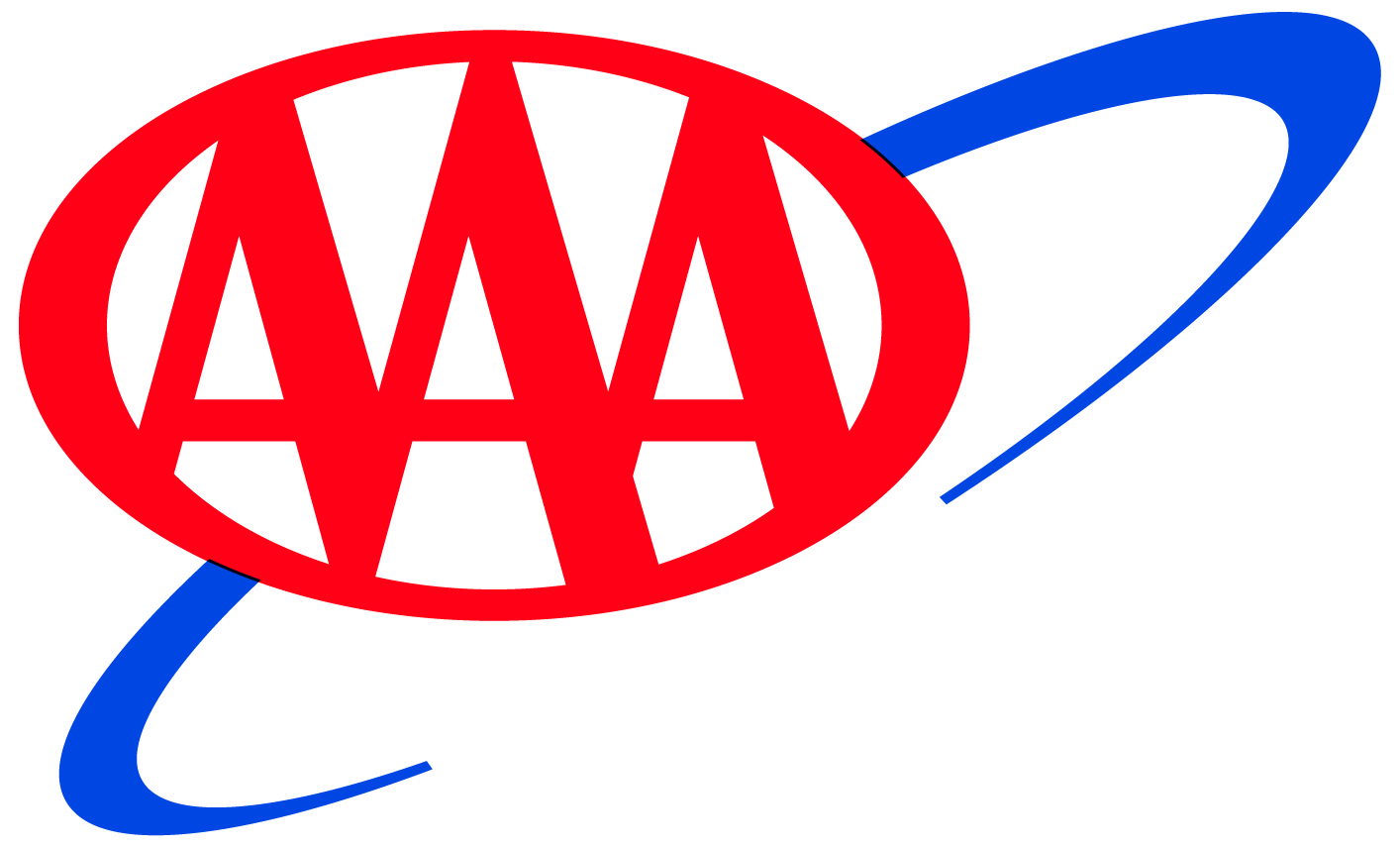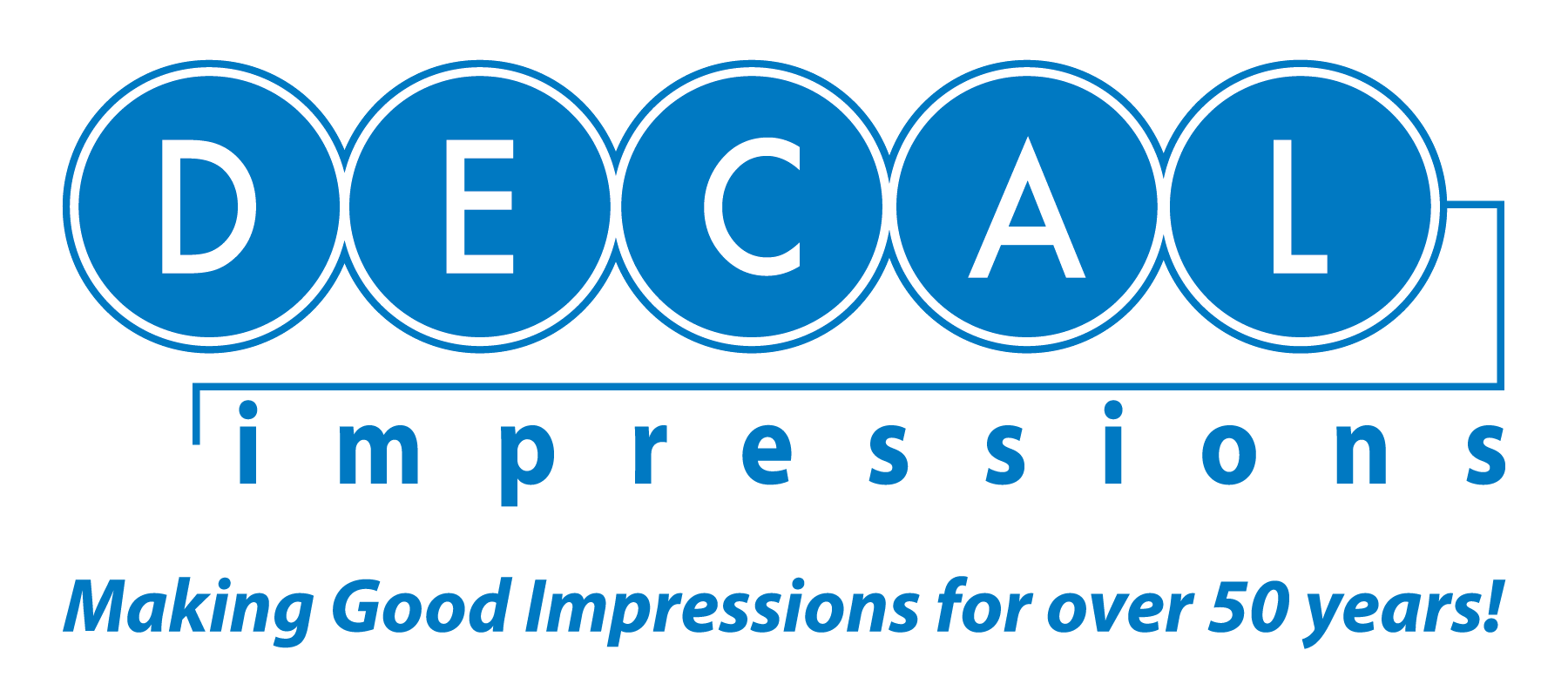Marks Rotary 100-Year Commitment
The Rotary Club of Cincinnati opened a summer camp for children with polio in 1921. A hundred years later, polio may be history, but the camp that Rotary built is marking its century milestone with a $1 million expansion that will double its size and launch it into its next century of meeting increasingly complex needs of families dealing with disabilities.
Camp Allyn in Batavia is the Rotary’s signature project. Through a partnership with Stepping Stones to run the programming, it has become Greater Cincinnati’s premier recreation and independence-building program for teens and adults who need more support than typical camps or activity centers can offer.
“The expansion is the Rotary Club’s birthday gift to Camp Allyn and to the community,” said Sara Pattison, executive director of the Rotary Club of Cincinnati.
It includes the purchase of 54 adjacent acres in Batavia, bringing the camp area to 100 acres in its 100th year.
The centennial project also will upgrade the kitchen, replace windows, repair aging siding on the dining and activity hall and construct an entrance pavilion and a transportation pavilion to shelter participants from the weather as they transition to and from program areas. Project manager and designer was architect and Rotary Club member Mike Levally of Finneytown. A dedication ceremony celebrating the camp’s centennial and naming the renovated dining/activity center “Cincinnati Rotary Hall” will be on Aug. 27.
Fred Fischer, chair of the Rotary’s Camp Allyn Committee, has been part of Camp Allyn’s growth for more than 35 years. “I’ve seen the impact this program has had, not only on the individuals in the programs, but on the families and the community,” said Fischer, of Ryland Heights, Ky., who spearheaded the expansion land purchase.
Camp Allyn’s year-round day programs for adults with disabilities build life skills and independence. The weekend respites and summer “Staycations” for ages 16 through 65-plus are unique in the region, helping people with physical, intellectual and emotional disabilities develop friendships and build independence and confidence. The closest similar overnight recreation programs are near Columbus and Akron.
“This program fills a huge need for the participants, but the impact on families may be even greater,” said Fischer.
“Dealing with a disability puts enormous stress on everyone in the family,” he said. “The programs at Camp Allyn nourish the individual with a disability. But, more importantly I think, it gives the family a break.”
Sensory disabilities can make it difficult for an individual to deal with noise, crowds, smells or just sitting still.
“The break that Camp Allyn offers can allow a parent to go to another child’s baseball game, to take a vacation, to attend a wedding or to keep a job,” Fischer said.
“There is a huge ripple effect. For each person in the program, we estimate eight to 10 additional lives are affected.”
The impact expands even farther when you include the volunteers and staff who interact with participants.
Across Greater Cincinnati, many physical therapists, teachers and social workers trace their passion to experiences as Camp Allyn volunteers or staff.
Dr. Huxley Miller of Kennedy Heights was a teen counselor at Camp Allyn in 1967 and ‘68. “It was life establishing,” he said. “It was one of the things that influenced me about going into medicine.”
Kip Backscheider of Batavia was camp director when he was 21. “It was one of the best jobs I ever had,” he said. “I learned to hire staff, train people, understand how to talk to people and how to listen. It was a magnificent experience.”
Today he heads Talent Development Works, an executive consulting company. “The things I learned at Camp Allyn helped shape my life,” he said.
The Rotary calls its centennial project “The Future is Now,” reflecting the importance of preparing the camp for its next century of service
The Rotary Club’s foundation provided $800,000 of the $1 million price tag for the project. A fund-raising committee is pursuing grants and donations to raise the final $200,000 for improvements to the buildings.
Many of the donors are Rotary members who have seen Camp Allyn in action.
“Camp Allyn has always been a very personal commitment for Rotary members,” said Fischer. In the early days, Rotary members volunteered at the camp, pushing wheelchairs, building sleeping cabins and leading activities.
Polio created physical challenges. But when polio was on the wane, the camp welcomed individuals with cerebral palsy, Down syndrome, autism and other disabilities that included cognitive, emotional and medical needs requiring more training and expertise. In 1970, Rotary partnered with Stepping Stones, which was on the cutting edge of disabilities camping, to run the Camp Allyn programs.
Rotary provides annual financial support to maintain the property and Rotary members hold work parties that include painting, landscaping, and spring and fall clean-up projects. Each summer, Rotary provides balloon rides for campers – a tradition that creates lifelong memories as individuals who have difficulty walking are able to soar.
The camp that started with a lake, a dance hall and a shelter on land leased from the Cincinnati, Georgetown and Portsmouth Railroad for $1 a year, now includes air-conditioned sleeping cabins, an activity and dining hall with professional kitchen, an in-ground pool with shelter house, a nurses’ station, three lakes for boating and fishing, miniature golf, archery, activity pavilions and paved trails for easy wheelchair access.
The new property includes sun-dappled meadows edged with shade trees, a meandering creek, and a woodland peppered with wildflowers and centered by a seven-trunked tree that is already being touted as a destination for nature activities. The property also holds a farmhouse, barn, gardens and a brick ranch house that could house programming rooms and living quarters for on-site staff.
E.J. Bachman, Manager of Recreation and Leisure programs for Stepping Stones, said Camp Allyn programs are designed to foster independence and confidence, and to help participants build friendships.
“We challenge them to discover their strengths, to learn a sense of adventure and exploration,” he said.
“Doubling the size of the camp will give us so many new program options,” Bachman said.
“The coolest part of the partnership with the Rotary is they look through a long lens. I’m working in the moment. The Rotary is looking at how they can help the program expand and meet future needs,” he said.
“What we can do with new space and new projects – it’s limitless.”
The Rotary Club of Cincinnati was founded in 1910 as a service and networking organization with a mission to provide selfless service to the community and to meet needs of people with disabilities. With close to 300 members, it is the largest Rotary Club in Greater Cincinnati. For information see www.cincinnatirotary.org






